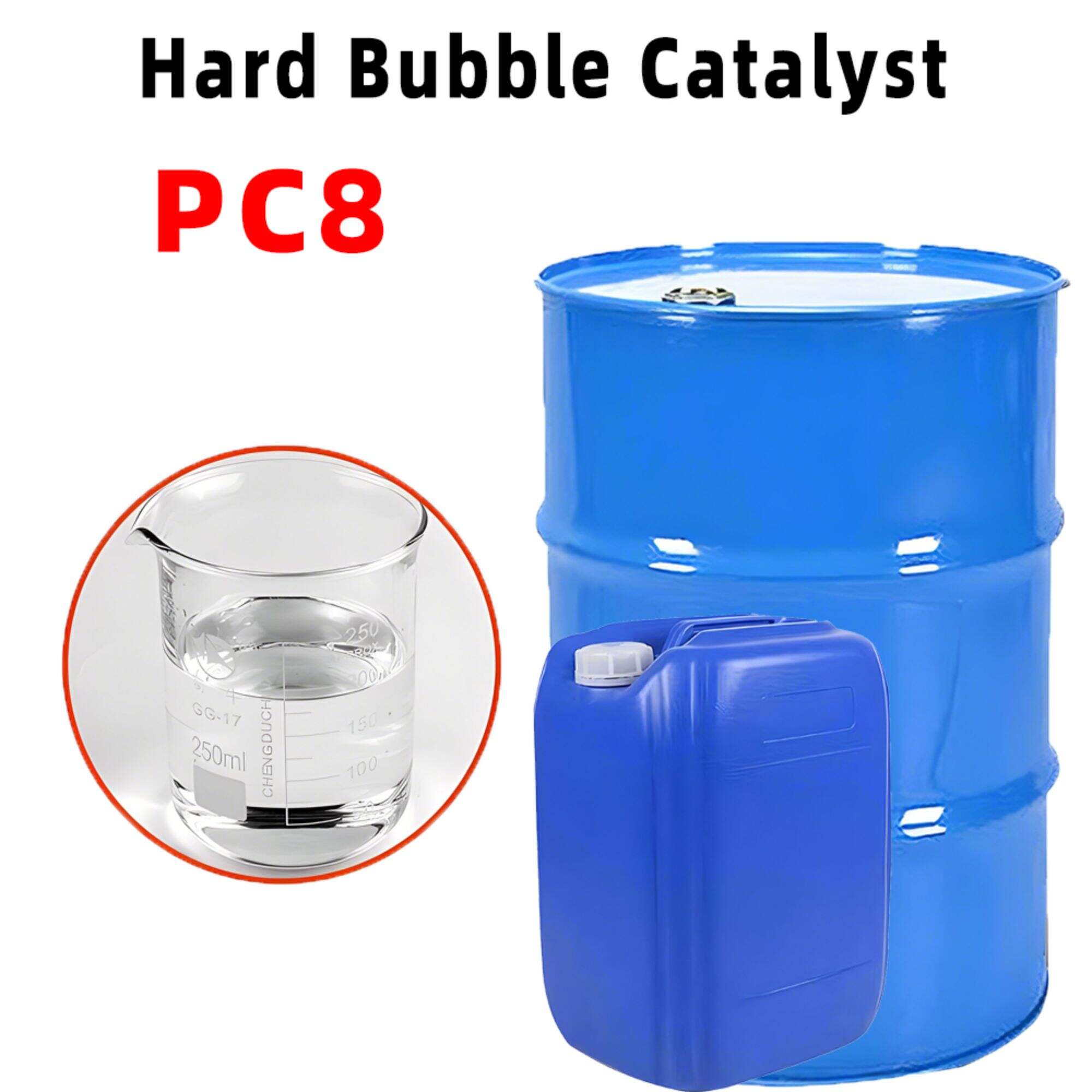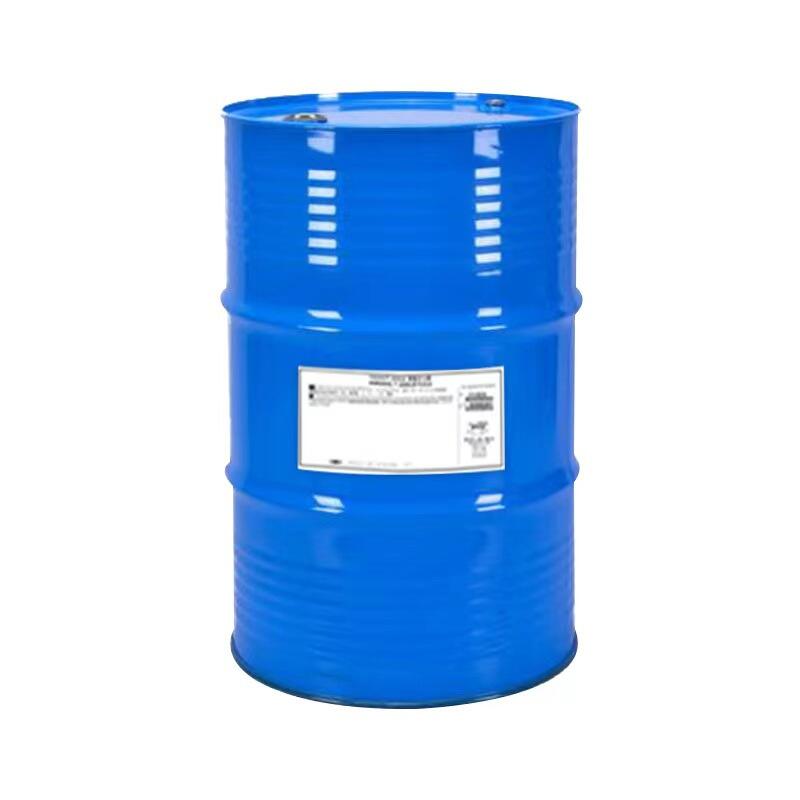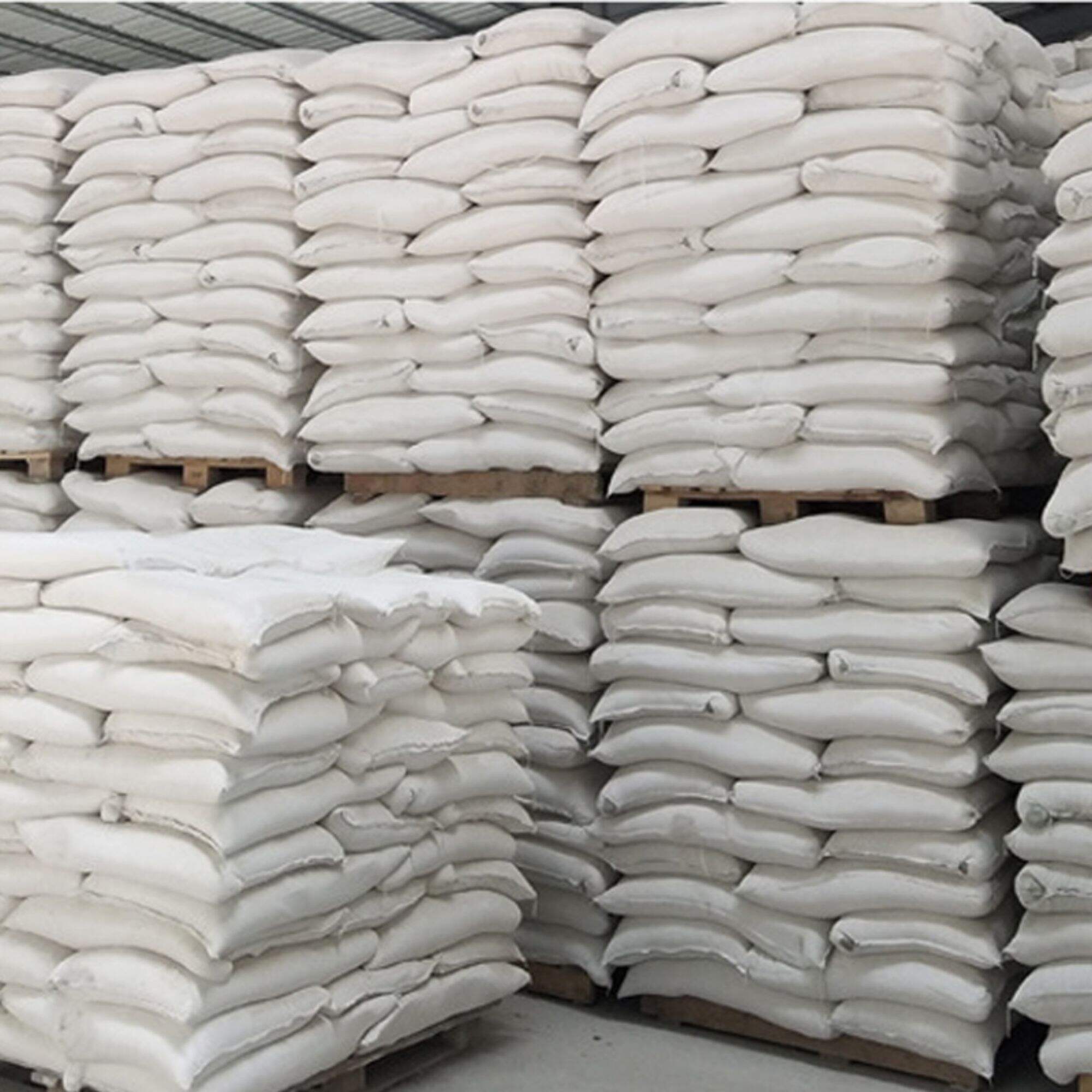Polyether polyols are specific types of chemicals that are extremely significant to the process of manufacturing many different kinds of products that we use on a daily basis. Polyols are polymers of one sort or another. What is a polymer A polymer is a huge molecule made up of several smaller parts that are linked together in a chain. For example, polyether polyols consist of repeating segments of small building blocks known as "ether" groups. SANYING Polyether polyol has flexible properties which means can bend and stretch without breaking. The silicone polyether are also very powerful and can habituate other materials, so they are very useful for various endeavours.
Scientists follow a specific process to create polyether polyols. They combine a kind of chemical known as epoxides with another kind of chemical known as a glycol. If these two chemicals react with each other, they get in the form of a chain. In fact, it is this structure that imparts special properties to polyether polyols that make them very beneficial in multiple sectors.
Using polyether polyols in the manufacturing of a whole host of things we come into contact with every day. These include foams, paints, adhesives (which are used to make things stick together), elastomers (which are rubber-like materials) etc. For instance, in the foam industry — polyether polyols are essential for producing soft and comfortable cushions used in furniture (sofa and chair) and mattresses that we sleep on. They are also very important in insulation materials that retain heat to keep buildings warm in the cold winter months and cool in the hot summer months.
Polyether polyol by SANYING has its applications in the automotive industry, which generally deals with all types of cars and vehicles, where it is used for the manufacturing of flexible seals, and gaskets. As a result, maintaining seals and gaskets in a vehicle is a key to avoiding leaks that would compromise the quality of ride that passengers experience. Polyether polyols are a great commodity in several industries caused by there numerous positive properties and they help to make several products better and more worked.

Polyether polyols of SANYING are produced through a series of chemical reactions that must be performed very precisely. Ensuring that the final product manifests the desired properties depends on this. Epoxides and glycols are the raw materials required to manufacture bio polyol. The two chemicals react under specific conditions to form long chains of repeating ether groups, in this case, they need to be mixed and heated to a certain temperature to polymerize the material.

The production of polyether polyols has come a long way in terms of technology and process development to make it more efficient and environment-friendly. Research and development of these types of chemicals is a field that companies are always constantly doing work on. And one of the more interesting concepts has been the use of renewable raw materials that are plant-based oils and sugars. Utilizing these sustainable resources in place of traditional materials, manufacturers can play a part in minimising their impact on the surrounding environment.

Along with the increasing demand for polyether polyols, it is important to consider the environmental effects of their manufacture and use. Businesses focus on sustainability, or the idea that they want to protect the earth while they operate. The 3 triethoxysilyl propyl isocyanate thrive on renewable raw materials and are committed to minimizing production waste. This ensures that they are as low impact on the environment as possible.

